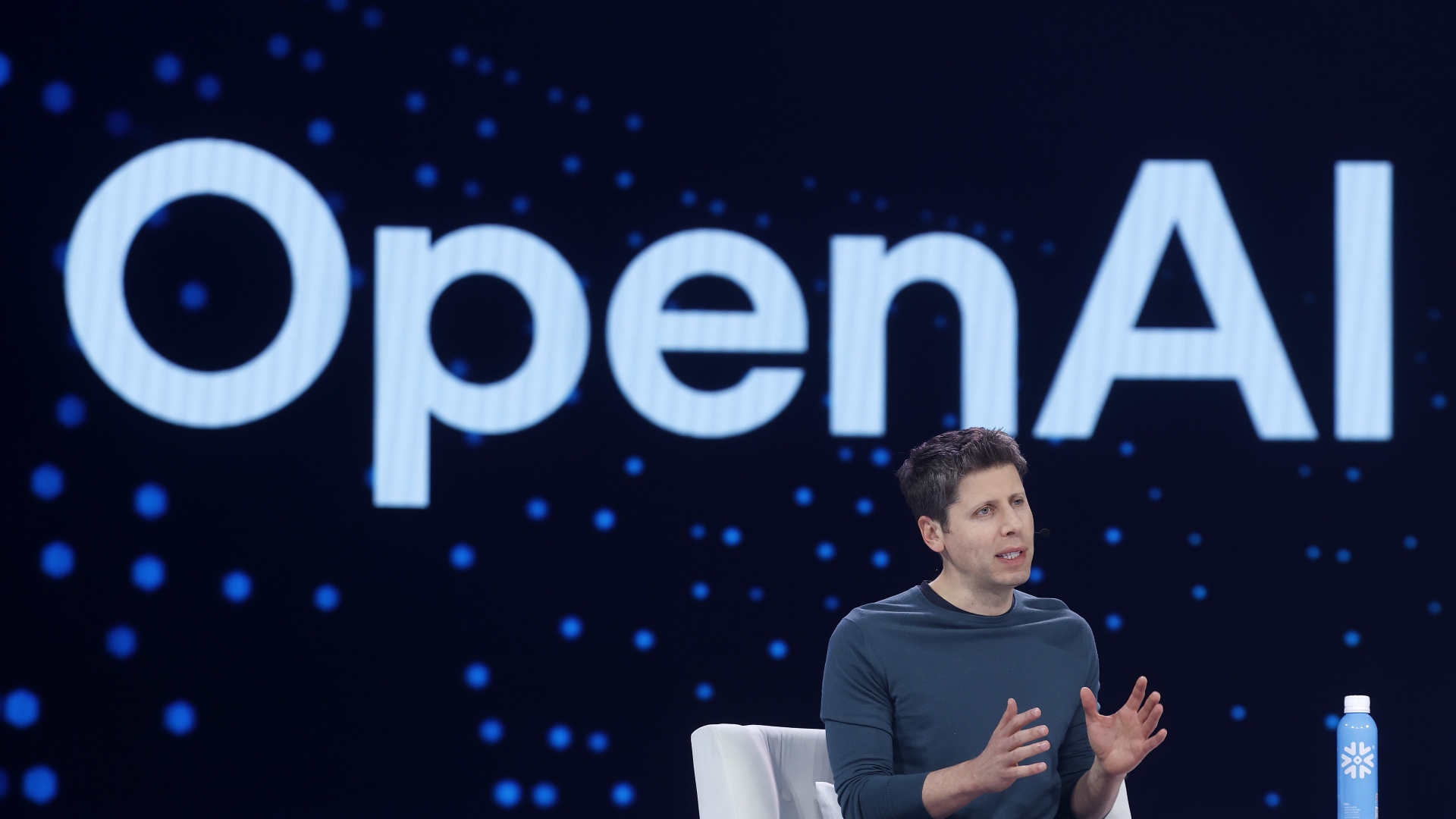
We've come a really long way since the emergence of the AI wave, following OpenAI's launch of ChatGPT and the early Bing Chat (now Microsoft Copilot) hallucination days. Microsoft and OpenAI are arguably among the top labs in the AI landscape in a fierce competition to ship next-gen models with sophisticated capabilities, though the latter seems to have an upper hand as the former adopts a different approach to deliver real societal change.
To that end, the destination seems to be an AI-powered system that is smarter than human beings. You've probably heard about the buzzword AGI (Artificial General Intelligence) tech leaders often float around these days.
A loose definition of the term, at least according to Microsoft and OpenAI's multi-billion-dollar agreement, AGI refers to a sophisticated AI system capable of generating up to $100 billion in profit. However, this seems like a stretch at the moment as OpenAI can barely keep the lights on from its available revenue streams, including ChatGPT subscriptions — hence the frequent funding rounds designed to keep the business afloat.
Recently, OpenAI CEO Sam Altman seemingly provided a clear picture of what a perfect AI system could look like in the future (via @vitrupo on X). According to Altman:
"The framework that I like to think about, this isn't something that we're about to ship, but like the platonic ideal is a very tiny model that has superhuman reasoning capabilities. It can run ridiculously fast and 1 trillion tokens of context and access to every tool you can possibly imagine."
Sam Altman says the perfect AI is “a very tiny model with superhuman reasoning, 1 trillion tokens of context, and access to every tool you can imagine.”It doesn't need to contain the knowledge - just the ability to think, search, simulate, and solve anything. pic.twitter.com/kuY1Z0ZhbwJune 3, 2025
The executive indicated that it doesn't matter whether the model will have access to data or knowledge, it'll still be able to solve a problem since it can reason, search, simulate, and solve anything. However, he admits that the process is slow and expensive.
Microsoft CEO Satya Nadella claimed that OpenAI had a 2-year runway to build and develop ChatGPT uncontested, which makes it difficult to compete against. However, with the once-best "tech bromance in history" on the verge of fraying, Microsoft is seemingly securing a lifeline in the space by developing in-house AI models and texting third-party variants in Copilot — perhaps a blatant attempt to emancipate itself from an overdependence on OpenAI for AI smarts.
A separate report suggested that Microsoft wiggled out of two mega data center deals because it didn't want to provide additional support to OpenAI for ChatGPT training. Ironically, Sam Altman claimed that OpenAI is no longer compute-constrained, potentially referring to its $500 billion Stargate project designed to facilitate the construction of data centers across the United States for its AI advances.
Microsoft's AI CEO, Mustafa Suleyman, confirmed the development of the company's "off-frontier" AI models. However, he indicated that they'll be 3 or 6 months behind OpenAI. "Our strategy is to really play a very tight second," Suleyman added. The strategy will allow the tech giant to reduce development costs.







